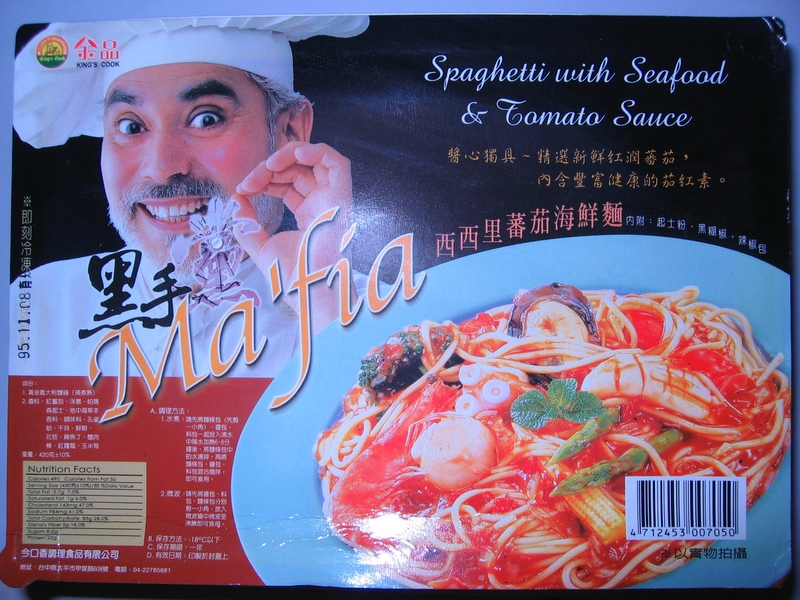The Weekly Standard had a terrific piece examining Benedict XVI’s "faith and modern reason" speech. It explains the speech, without the kind of philosopher-jargon that would otherwise make it impenetrable to those like myself who’ve never studied philosophy.
If modern reason cannot concern itself with the question of God, then it cannot argue that a God who commands jihad is better or worse than a God who commands us not to use violence to impose our religious views on others. To the modern atheist, both Gods are equally figments of the imagination, in which case it would be ludicrous to discuss their relative merits. The proponent of modern reason, therefore, could not possibly think of participating in a dialogue on whether Christianity or Islam is the more reasonable religion, since, for him, the very notion of a "reasonable religion" is a contradiction in terms.
Ratzinger wishes to challenge this notion, not from the point of view of a committed Christian, but from the point of view of modern reason itself…
The typical solution to the problem of ethics and religion offered by modern reason is quite simple: Let the individual decide such matters himself, by whatever means he wishes. If a person prefers Islam over Christianity, or Jainism over Methodism, that is entirely up to him. All such choices, from the perspective of modern reason, are equally leaps of faith, or simply matters of taste; hence all are equally irrational.
[…]
[But] if the individual is free to choose between violence and reason, it will become impossible to create a community in which all the members restrict themselves to using reason alone to obtain their objectives. If it is left up to the individual to use violence or reason, then those whose subjective choice is for violence will inevitably destroy the community of those whose subjective choice is for reason. Worse still, those whose subjective choice is for violence do not need to constitute more than a small percentage of the community in order to destroy the very possibility of a community of reasonable men: Brute force and terror quickly extinguish rational dialogue and debate*.
Modern reason says that all ethical choices are subjective and beyond the scope of reason. But if this is so, then a man who wishes to live in a community made up of reasonable men is simply making a personal subjective choice–a choice that is no more reasonable than the choice of the man who wishes to live in a community governed by brute force. But if the reasonable man is reasonable, he must recognize that modern reason itself can only survive in a community made up of other reasonable men. Since to be a reasonable man entails wishing to live in a community made up of other reasonable men, then the reasonable man cannot afford to allow the choice between reason and violence to be left up to mere personal taste or intellectual caprice. To do so would be a betrayal of reason.
Modern reason, to be sure, cannot prove scientifically that a community of reasonable men is ethically superior to a community governed by violent men. But a critique of modern reason from within must recognize that a community of reasonable men is a necessary precondition of the very existence of modern reason*. He who wills to preserve and maintain the achievements of modern reason must also will to live in a community made up of reasonable men who abstain from the use of violence to enforce their own values and ideas. Such a community is the a priori ethical foundation of modern reason. Thus, modern reason, despite its claim that it can give no scientific advice about ethics and religion, must recognize that its own existence and survival demand both an ethical postulate and a religious postulate. The ethical postulate is: Do whatever is possible to create a community of reasonable men who abstain from violence, and who prefer to use reason. The religious postulate is: If you are given a choice between religions, always prefer the religion that is most conducive to creating a community of reasonable men, even if you don’t believe in it yourself. [Emphasis added]
* In support of this, the writer asks a question first posed by Herder:
"When Kant, in his Critique of Pure Reason, methodically demolished all the traditional proofs for the existence of God, why wasn’t he torn limb from limb in the streets of Königsburg by outraged believers, instead of being hailed as one of the greatest philosophers of all time?"
The answer of course, is that Kant was lucky enough to have lived within a community peopled by reasonable men.






